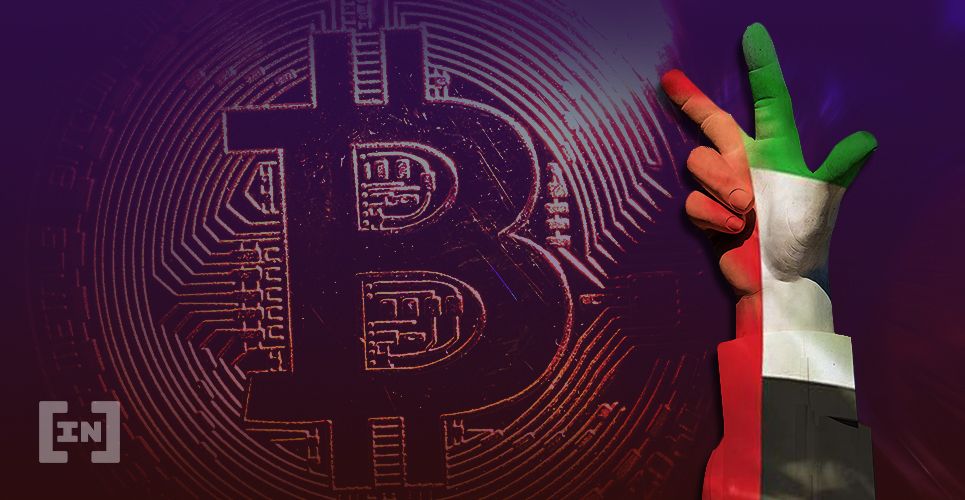Kiklabb, the Dubai Government-owned Foreign Direct Investment (FDI) liaison, is now accepting cryptocurrencies as a payment option for trade licenses and visa fees, according to the Khaleej Times.
Entrepreneurs from around the world will now be able to set up and scale up more easily in Dubai and the United Arab Emirates (UAE), the country’s first English-language newspaper said.
Kiklabb announced that customers can pay for services using some of the most popular cryptocurrencies such as Bitcoin (BTC), Ethereum (ETH), and Tether (USDT). Customers can register for Dubai trade licenses remotely and pay using virtual currency.
Integrating Into Dubai and the UAE
Besides usual migration issues, businesses hoping to operate in the UAE must register for a particular trade license, either free zone or onshore. Free zones are typically the choice for most expatriate business owners.
With free zones, they get to keep 100% foreign ownership of their companies. They also have no customs duties when trading between them. However, businesses hoping to trade in the local market would seek an onshore license.
Kiklabb helps provide these licenses and other localizing services for foreign businesses. CEO of Kiklabb Tasawar Ulhaq explains:
“We’ve seen growing interest in cryptocurrency, with several customers in the blockchain and fintech sectors part of the Kiklabb community, so it really was just a matter of time before we recognized Bitcoin, Ethereum and Tether”
“We’re in talks with high-profile players in the cryptocurrency sector who are exploring entry into Dubai,” he added.
Mining in Iran
Elsewhere in the Middle East, BTC miners in Iran complain they are being scapegoated after Iranian newspapers shamed the government for allowing cryptocurrency mining farms, according to a report from AlJazeera.
Last year Iranian President Hassan Rouhani ordered the government to draw up a National Crypto Mining Strategy. This was due to the country’s cheap electricity prices and the need for an alternate revenue stream.
Apart from the heavy cost in lives, the pandemic also contributed to sanction woes and declining oil exports. This came after Iran legalized cryptocurrency mining in August 2019.
Disclaimer
In adherence to the Trust Project guidelines, BeInCrypto is committed to unbiased, transparent reporting. This news article aims to provide accurate, timely information. However, readers are advised to verify facts independently and consult with a professional before making any decisions based on this content. Please note that our Terms and Conditions, Privacy Policy, and Disclaimers have been updated.

